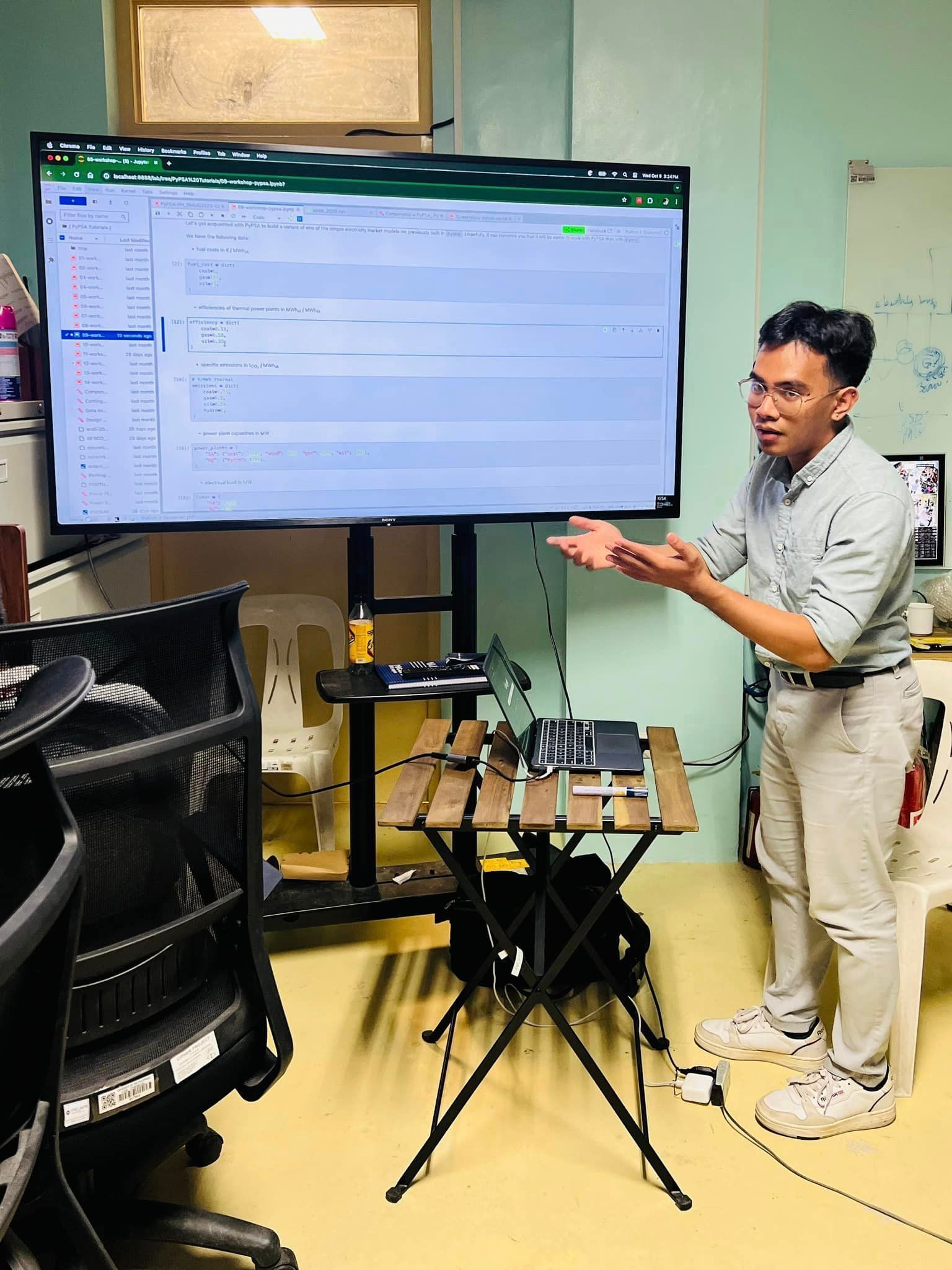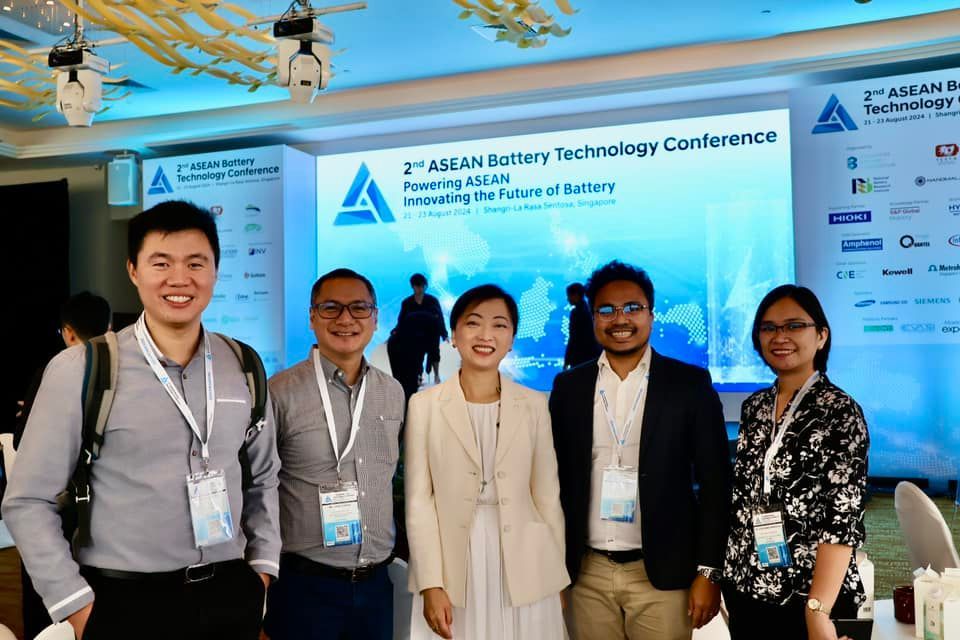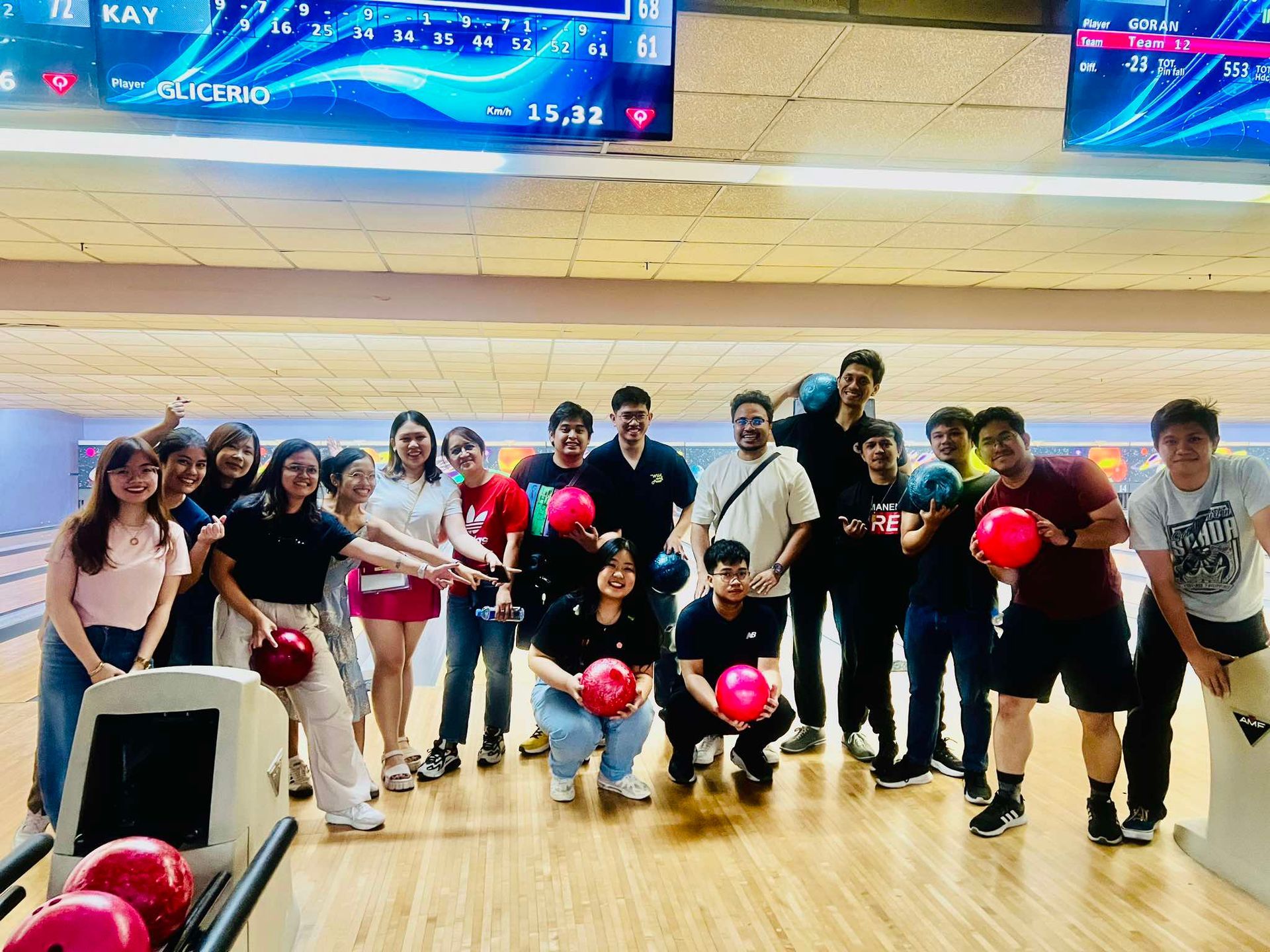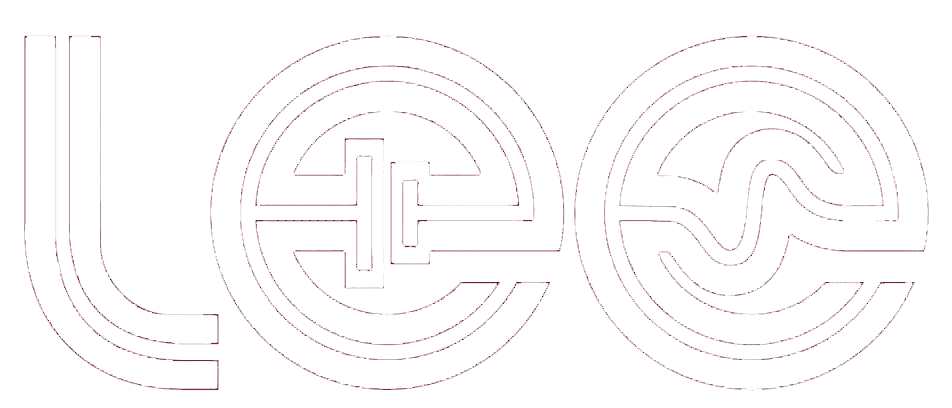LEE members attend PIPAC Seminar on Good Laboratory Practice

Last February 9, 2017, five LEE members including Asst. Prof. Julie Anne del Rosario, Myron Alcanzare, Katherine Kay Yumul, Jazer Jose Togonon and Desiree Mae Sua-an attended a seminar conducted by the Philippine Institute of Pure and Applied Chemistry (PIPAP) entitled “Good Laboratory Practice (GLP)” held at the PIPAC Building, Ateneo de Manila University. The seminar mainly focused on the different good practices in the lab in the industry and in the academe. Five main subject areas were thoroughly discussed in the seminar.
The seminar started with an introduction that discussed the elements of Good Laboratory Practice. An explanation on the basic principles and fundamental points of GLP was deliberated. This lecture was expounded by Dr. Armando Guidote Jr.
The next topic was delivered by Dr. Gilbert Yu. He explained how to manage your resources in the laboratory. The resources are not limited to facilities, buildings and equipment you have in the lab but also the human resources in the organization. He stressed out that leadership and management are two important things to properly organize a team in the laboratory or in a certain project. The management has the responsibility of promoting good science and good management.
Another lecture was given by Dr. Armando Guidote Jr., where he discussed the rules and protocols in a GLP. He thoroughly explained the importance of the test protocol, a study plan, guidelines, and standard operating procedures, which are essential in a project, which should be in accordance to GLP.
The next lecture was given Dr. Lea Macaraig. She discussed the how results should be handled in a certain project. From raw data collection to data analysis, certain operating procedures and standards should be employed. One of the requirements in handling experiments is a laboratory notebook where all activities done are noted. After projects done, safekeeping and archiving of results should be done. Proper documentation and maintenance of records are very important in this process.
The following lecture was all about the testing, characterization, and research, which were thoroughly discussed by Dr. Giselle Lim. Proper handling of test items such as: raw materials, reagents, standards, matrices, and reference materials. These test items should be analyzed properly in the test systems.
The last part of the seminar was discussed by Ms. Michelle Jose. She discussed the standard operating procedures that are involved in quality assurance. She explained how important a quality assurance department in a company is. She also pointed out that these systems of protocols should be applied in the laboratory in line with GLP.





